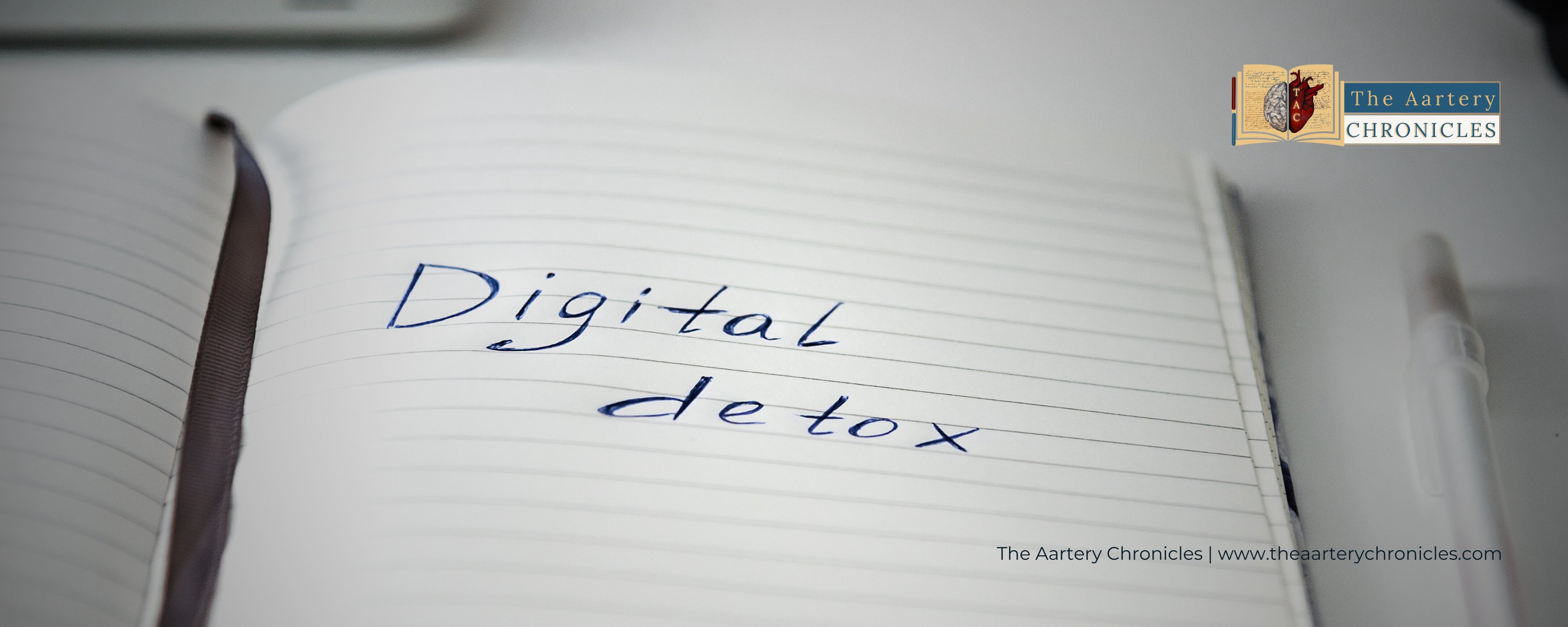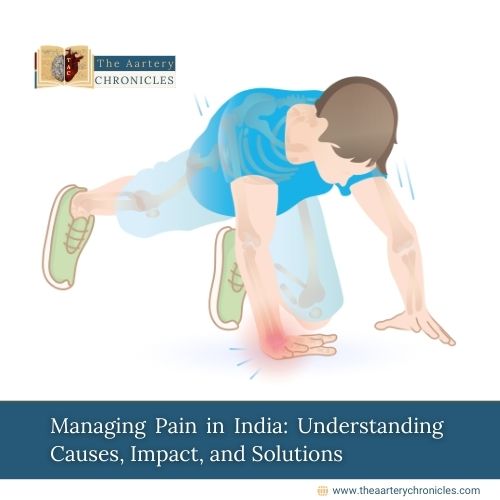

Unplugging in the Digital Age: Navigating the Benefits and Challenges of a Digital Detox
Advancements in the field of technology carry both benefits and risks for mankind. In the last two decades, there has been an explosion in the utilization of digital technology. Digital technology undoubtedly has made everything easier. Electronic devices, the internet, and various media platforms have facilitated social connectedness during the tough times of the COVID-19 pandemic. Maintaining social connections is essential for emotional and mental well-being.
Screen time refers to the duration individuals spend using a screen. This encompasses all activities, whether for entertainment purposes (such as gaming or using social media) or for work-related tasks.
The pandemic’s restrictions on social engagement caused an increase in the prevalence of using digital gadgets for socializing. Digital technology proved to be a blessing in disguise in this situation as it enabled individuals to preserve their emotional connections despite the physical distancing. Simultaneously, concerns have arisen about the potential impacts of prolonged screen time on both physical and mental well-being.
Need for a digital detox:
Studies indicate that around 25% of individuals aged 18 to 44 cannot recall a time when their phone wasn’t in proximity. The uncontrolled use of electronic devices or excessive screen time has been associated with a range of mental health concerns, including a heightened susceptibility to anxiety and depression, psychological disorders, and decreased emotional stability.
Effects of unregulated screen time:
- Weight gain
- Vision problems
- Loneliness
- Headaches
- Anxiety
- Insomnia
- Pain in the back
- Mood swings and irritability
- Unhealthy eating habits
- Lack of movement and exercise
- Lack of time management
What is digital Detox?
Digital detox involves consciously taking a break from using digital devices and technology, like smartphones, computers, tablets, and social media platforms. It includes disconnecting from digital screens and online activities for a specific duration, usually to reduce stress, enhance mental well-being, improve focus and productivity, and establish a healthier relationship with technology. During a digital detox, individuals can participate in activities not involving screens, such as spending time outdoors, reading books, practising mindfulness, or engaging in face-to-face interactions with others. The aim is to reset and refresh both mentally and physically by temporarily stepping away from the constant digital stimulation and connectivity characteristic of modern life.
Benefits of a digital detox:
- Improved sleep cycle: Refraining from screen usage after 7 p.m. can positively impact melatonin production and foster improved sleep quality.
- Reduced stress levels: Overcoming the compulsion to instantly respond to messages is crucial. Embracing a digital detox allows for relaxation and mental reset.
- Better physical and mental health: Extended screen use can lead to eye strain, poor posture, and headaches. Abstaining from screen time provides both the body and mind with a much-needed respite.
- Increased productivity: A state of mental and emotional well-being enhances focus and creativity. Wasting time on unnecessary scrolling and internet browsing is counterproductive; a digital detox directs attention towards essential tasks.
- Improved self-esteem: Limiting social media and screen exposure shifts the focus from comparison with others to self-improvement. This shift can contribute to an increased sense of self-worth.
What are the Challenges of Digital Detox?
- Dependency: People may find it difficult to detach from their devices due to the habitual nature of their usage.
- FOMO (Fear of Missing Out): The fear of missing out on important information or social interactions online can be a psychological barrier.
- Work Obligations: Many jobs require constant digital connectivity, making it challenging to completely disconnect.
- Social Pressure: Peer pressure and societal norms can make individuals feel obligated to stay connected digitally.
- Boredom: People might grapple with feelings of boredom or uncertainty about how to spend their time without digital distractions.
- Withdrawal Symptoms: Similar to other addictions, individuals might experience withdrawal symptoms when attempting a digital detox.
- Lack of Awareness: Some may not recognize the need for a detox or be unaware of the potential negative impacts of excessive screen time.
- Loneliness: Digital detox can result in a sense of isolation, particularly for those whose primary mode of social interaction is online.
- Personal and Professional Commitments: Detoxing might clash with personal or professional responsibilities that require digital engagement.
- Temporary Relief: The benefits of digital detox might be short-lived if individuals return to their previous habits after the detox period.
Overcoming these challenges requires awareness, planning, and a gradual shift towards healthier digital habits.
What are the Challenges of Digital Detox?
Dependency: People may find it difficult to detach from their devices due to the habitual nature of their usage.
FOMO (Fear of Missing Out): The fear of missing out on important information or social interactions online can be a psychological barrier.
Work Obligations: Many jobs require constant digital connectivity, making it challenging to completely disconnect.
Social Pressure: Peer pressure and societal norms can make individuals feel obligated to stay connected digitally.
Boredom: People might grapple with feelings of boredom or uncertainty about how to spend their time without digital distractions.
Withdrawal Symptoms: Similar to other addictions, individuals might experience withdrawal symptoms when attempting a digital detox.
Lack of Awareness: Some may not recognize the need for a detox or be unaware of the potential negative impacts of excessive screen time.
Loneliness: Digital detox can result in a sense of isolation, particularly for those whose primary mode of social interaction is online.
Personal and Professional Commitments: Detoxing might clash with personal or professional responsibilities that require digital engagement.
Temporary Relief: The benefits of digital detox might be short-lived if individuals return to their previous habits after the detox period.
Overcoming these challenges requires awareness, planning, and a gradual shift towards healthier digital habits.
Takeaway
Recognizing the necessity for a digital detox holds significance. Prolonged and excessive use of digital devices can lead to detrimental long-term consequences. Mitigating these adverse effects necessitates empowering individuals to make informed choices grounded in factual knowledge and an understanding of potential health risks. One viable approach to preemptively safeguard health amidst the ongoing global digitalization is fostering the cultivation and implementation of healthy digital habits.

Author: Sanika Pande








